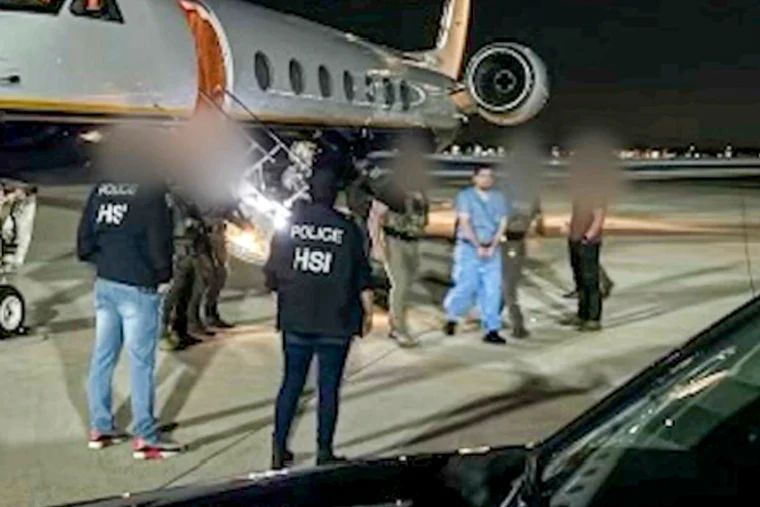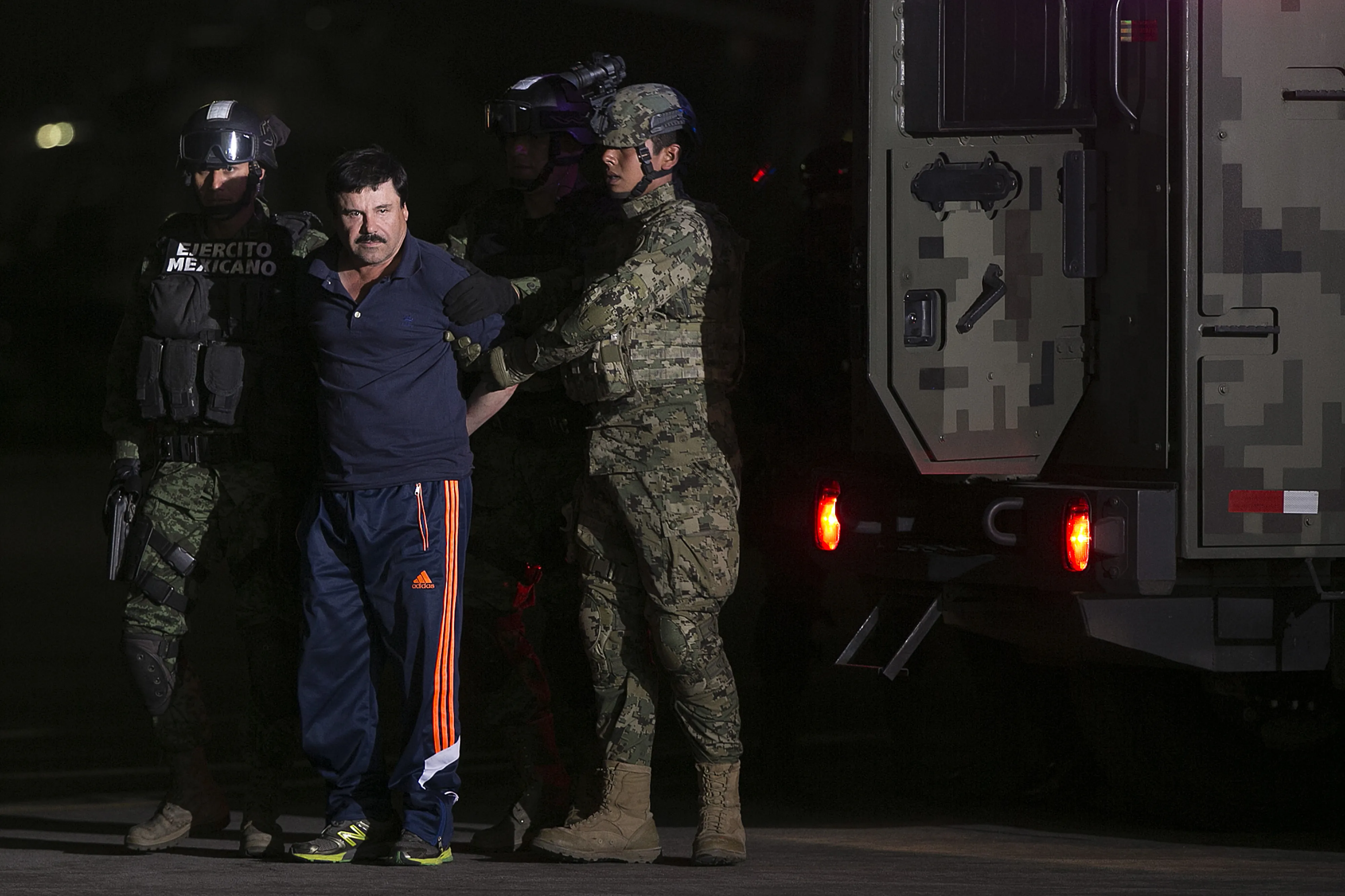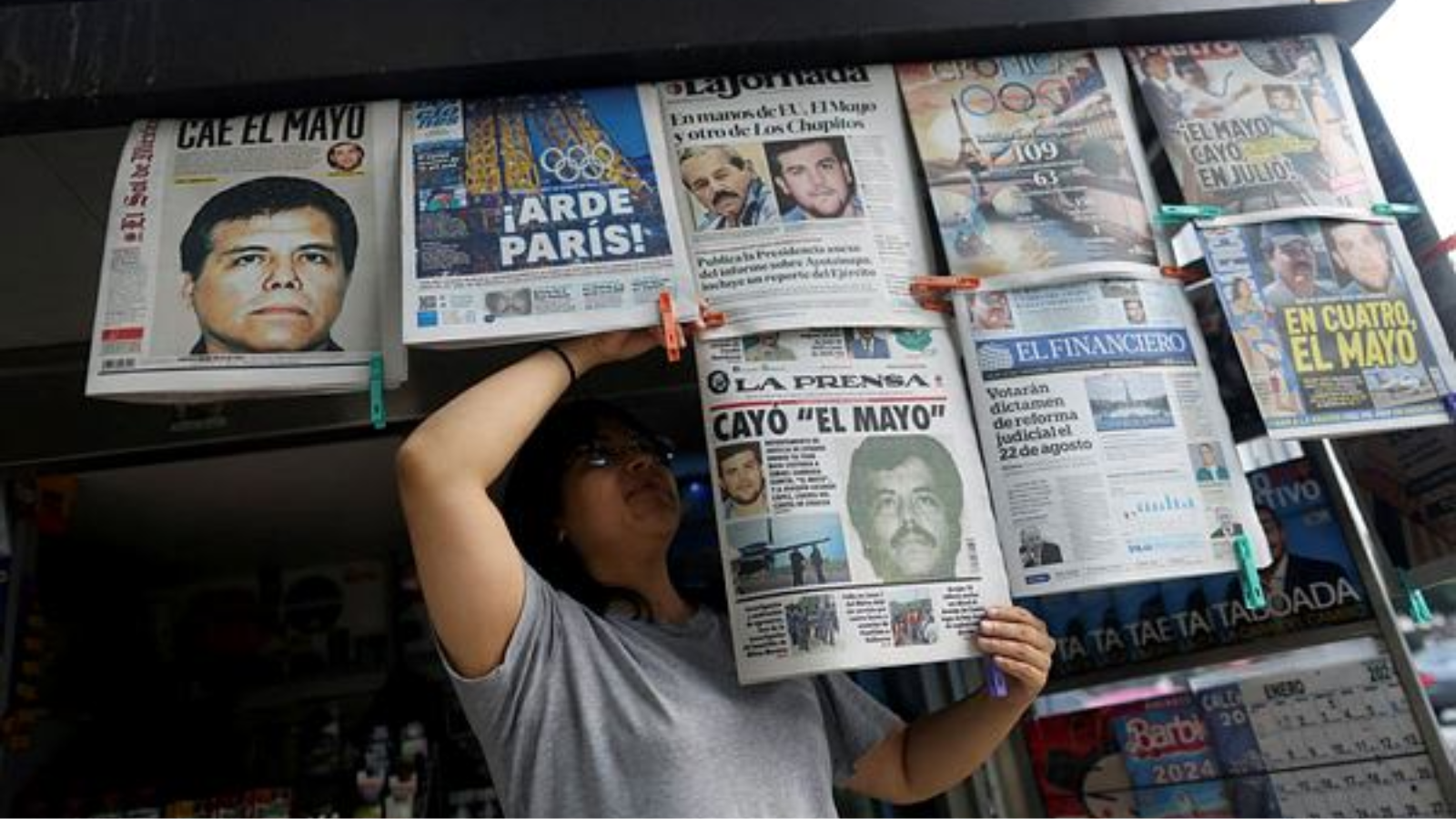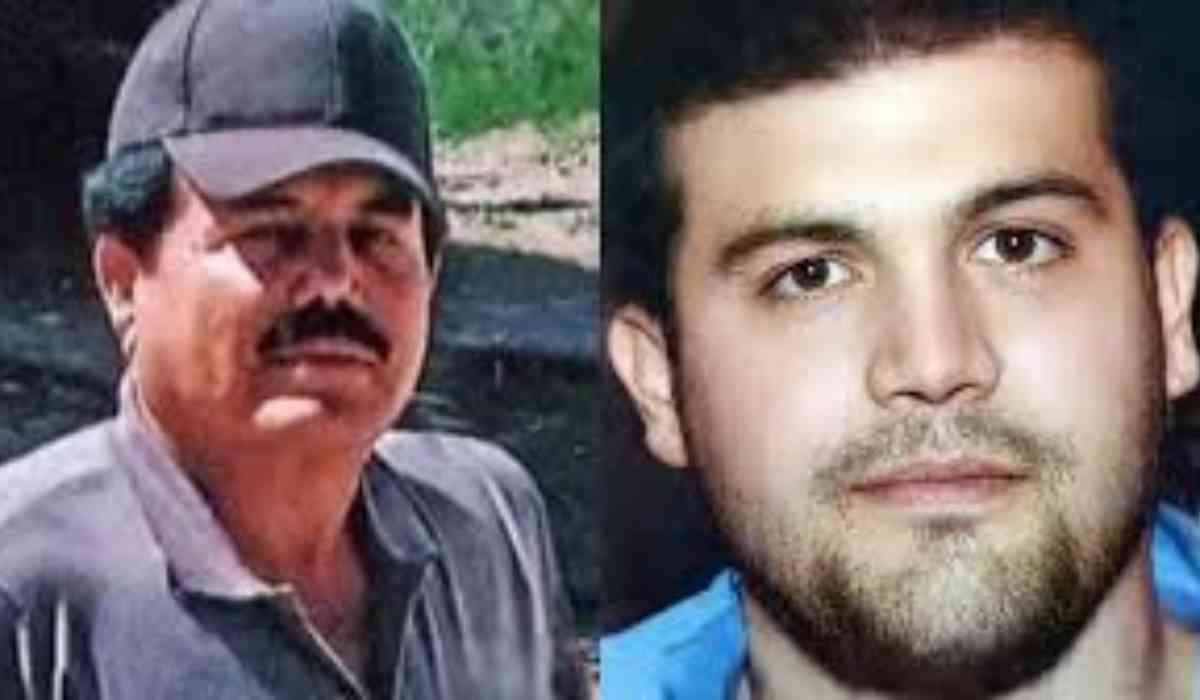In a significant blow to the Sinaloa Cartel, Mexican drug lord Ismael "El Mayo" Zambada, along with Joaquin Guzman Lopez, the son of his former partner Joaquin "El Chapo" Guzman, were arrested in El Paso, Texas. The U.S. Justice Department announced on Thursday that these arrests mark a critical development in the fight against one of the world's most violent and powerful drug trafficking organizations. Both Zambada and Guzman Lopez are facing multiple charges in the United States, including allegations of leading the cartel's deadly fentanyl manufacturing and trafficking networks.

Leaders of a Drug Empire
Ismael Zambada, one of Mexico's most significant drug traffickers, co-founded the Sinaloa Cartel with El Chapo after the collapse of the Guadalajara Cartel in 1989. Zambada has evaded capture for over three decades, unlike his partner, who was extradited to the United States in 2017 and is currently serving a life sentence. Zambada’s arrest is a historic moment, as he is the last of the original generation of drug cartel leaders. The U.S. authorities successfully lured him into their jurisdiction through an elaborate sting operation, masterminded by Guzman Lopez.
Guzman Lopez, one of El Chapo's four sons, inherited his father’s criminal empire following El Chapo's extradition. Known as "Los Chapitos," these heirs became some of the primary exporters of fentanyl to the United States. The relationship between El Mayo and Los Chapitos has been tumultuous since El Chapo's capture, and their arrests could spark further instability or violence within Mexico.

The Fentanyl Crisis
The U.S. federal prosecutors charged Zambada in February with conspiracy to manufacture and distribute fentanyl. According to the Drug Enforcement Administration, fentanyl is the leading cause of death for Americans between the ages of 18 and 45. The cartel's involvement in fentanyl trafficking has had devastating consequences, contributing to the ongoing opioid crisis in the United States.
The arrest of these two major figures is a victory for law enforcement, but it also underscores the persistent challenges in combating drug trafficking. The Sinaloa Cartel's extensive operations and influence mean that dismantling its leadership may lead to short-term disruptions. Still, the underlying networks and demand for illicit drugs continue to pose significant challenges.

Future Implications
The arrests of Zambada and Guzman Lopez may have far-reaching implications for the Sinaloa Cartel and Mexico's broader drug war. As the cartel grapples with the loss of its leaders, there is potential for internal power struggles or retaliatory violence. This instability could impact the cartel’s operations and the regions where they exert influence.
Moreover, the cooperation and coordination required for such a high-profile sting operation highlight the critical role of international law enforcement collaboration in addressing transnational crime. The success of this operation could serve as a blueprint for future efforts to target and dismantle other major drug trafficking organizations.
The capture of Ismael "El Mayo" Zambada and Joaquin Guzman Lopez represents a landmark achievement in the ongoing battle against the Sinaloa Cartel. While it brings a measure of justice and a temporary disruption to the cartel's activities, the broader fight against drug trafficking and its associated violence and social costs continues.
Inputs by Agencies
Image Source: Multiple Sources
Ⓒ Copyright 2024. All Rights Reserved Powered by Vygr Media.
























